ASEAN is likely to be the driver of economic growth in the imminent future. While a number of ASEAN member states have stated that they do not subscribe to the US vision of the Free and Open Indo-Pacific, they are also aware of China’s increasingly expansionist tendencies and its aggressive stance over the South China Sea issue. While ASEAN has numerous opportunities, it needs to ensure that differences within the bloc do not impact its functioning.
The timing of the 40th and 41st Association of South East Asian Nations (ASEAN) summit held at Phnom Penh — from November 10-13, 2022 – is not just symbolically important as 2022 is the 55th year founding anniversary of the grouping, but also because the 10 member bloc is increasingly becoming important in the context of the current economic and geopolitical landscape.
While a number of ASEAN member states have stated that they do not subscribe to the US vision of the Free and Open Indo-Pacific (FOIP), ASEAN came up with its own vision for the Indo-Pacific at the 34th session of ASEAN in June 2019. A document titled “ASEAN Outlook on the Indo-Pacific” was adopted during the plenary session of the ASEAN Summit. Seven ASEAN countries — Brunei, Indonesia, Malaysia, Philippines, Singapore, Thailand, and Vietnam — have also joined the US-driven IPEF (Indo-Pacific Economic Framework).
While being aware of China’s increasingly expansionist tendencies and its aggressive stance over the South China Sea Issue, ASEAN states can not overlook the fact that, apart from the geographical proximity with China, they share close economic ties with China.
Several ASEAN countries – specifically Malaysia and Singapore – have reiterated that they would not like to choose between US and China. Earlier this year while addressing a conference, Singapore PM Lee Hsien Loong said: ‘It’s natural for some countries to be closer to one side or the other but most countries would prefer not to be forced to choose between the US and China“.
Here it would be important to point out, that even though ties between China and Vietnam have been strained in recent years, Nguyen Phu Trong, general secretary of the Communist Party of Vietnam (CPV) Central Committee was the first foreign leader to visit China (October 30, 2022-November 2, 2022) and meet with Chinese President Xi Jinping after the latter won a third term. During the meeting between the two, Xi Jinping said: “The Chinese and Vietnamese parties should persist in working for the happiness of the people and the progress of mankind, push forward socialist modernization with all their might, and never let anyone interfere with our progress or let any force shake the institutional foundation of our development”.
Several ASEAN countries – specifically Malaysia and Singapore – have reiterated that they would not like to choose between US and China.
Indonesia’s stance on the Ukraine-Russia war
Indonesia, which will be hosting the G20 leaders’ Summit in Bali (November 14-16, 2022) has taken a neutral stance on the Russia-Ukraine issue and extended an invitation to Russian President Vladimir Putin to attend the summit — much to the displeasure of many western countries. Putin is unlikely to attend the summit, and Russia will be represented by Foreign Minister, Sergei Lavrov. The Indonesian President, Joko Widodo while expressing his apprehension said that geopolitical rivalries may overshadow the summit which is supposed to be a political and economic forum. As per the Indonesian President: “The G20 is not meant to be a political forum. It’s meant to be about economics and development”. While the Indonesian President has attempted to mediate between Kyiv and Moscow and visited both Russia and Ukraine in June 2022, Indonesia rejected the Ukrainian demand for arms earlier this year.
ASEAN’s economic importance and competition with China
In economic terms, ASEAN is likely to be the driver of economic growth in the imminent future. According to an Asian Development Bank (ADB) report, developing Asia, including ASEAN, will be growing faster than China. It is for the first time since 1990, that China will be growing slower than the rest of Asia (with ASEAN being a key driver of growth). A number of companies relocating from China have already relocated to Vietnam – other ASEAN countries like Indonesia, Thailand, and the Philippines are also trying to woo countries seeking to relocate from China. While Apple is in talks to manufacture the Apple Watch and MacBook in Vietnam, Samsung is exploring the possibility of expanding operations in the ASEAN nation. Vietnam is likely to grow well over 7% in 2022 against China’s 2.8%. While there is no doubt, that South East Asia is important both in the strategic and economic context, it is also important to bear in mind, that there are differences within the grouping over important security issues.
The differences between the ASEAN members on issues like the situation in Myanmar could prevent the group from providing coherent responses to the changing geopolitical global situation, especially China-US rivalry, as well as other global economic challenges.
One of the major differences in ASEAN has been over the approach to dealing with the military junta in Myanmar. While some member states are in favour of taking a tougher approach vis-à-vis the military junta, others believe in giving an opportunity to the junta to implement a five-point peace consensus agreed upon in 2021 (no representative was invited to the summit held at Phnom Penh).
There has also been talking of an ASEAN 5+ Vietnam grouping which includes the original members of ASEAN — Indonesia, Malaysia, the Philippines, Singapore, and Thailand + Vietnam. Many are of the opinion, that such an arrangement may strengthen the grouping. China would resist such a grouping since that excludes countries that share close ties with it – especially Cambodia.
Many commentators believe that the differences between members of the bloc on issues like the situation in Myanmar as well as other foreign policy issues could prevent the group from providing coherent responses to the changing geopolitical global situation – especially China-US rivalry – as well as other global economic challenges. While ASEAN has numerous opportunities, it needs to ensure that differences within the bloc do not impact its functioning.
Disclaimer: The views expressed in this article are of the author solely. TheRise.co.in neither endorses nor is responsible for them. Reproducing this content without permission is prohibited
About the author
Tridivesh Singh Maini is a New Delhi-based Policy Analyst. He is faculty member of OP Jindal Global University, Sonepat, Haryana.

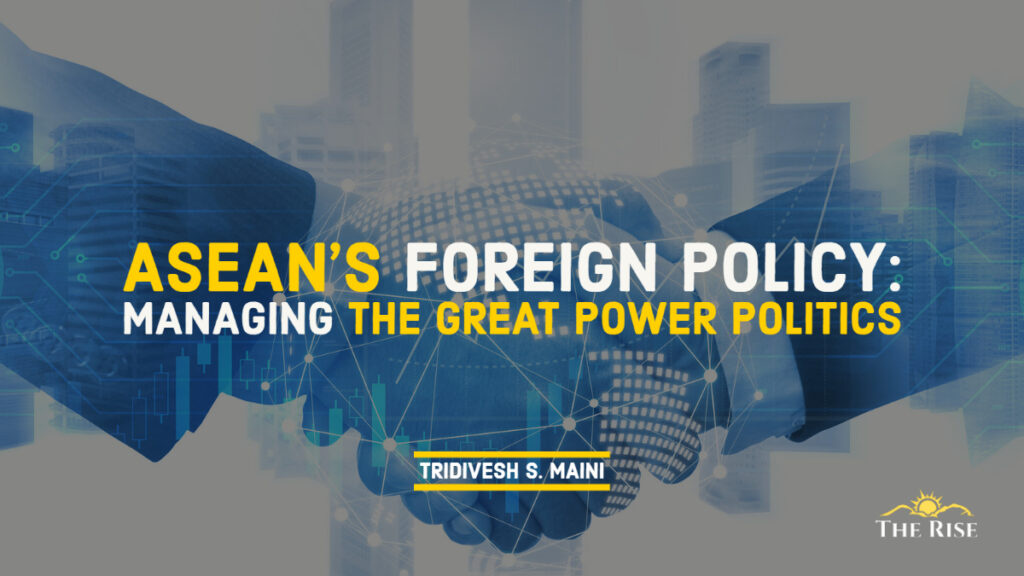

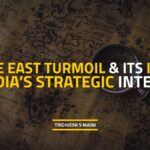
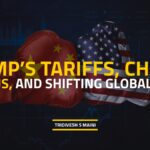




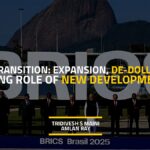
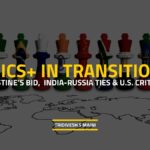

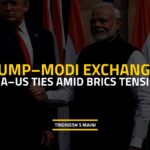
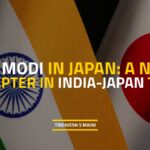

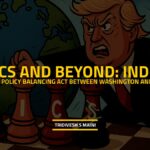

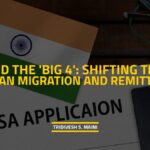
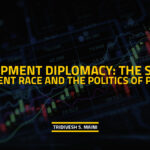


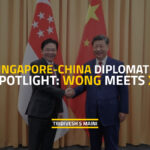


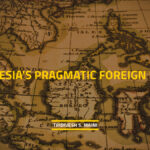

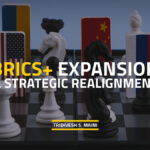



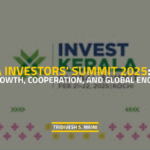

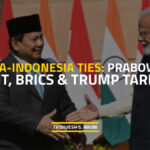



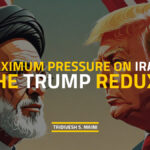






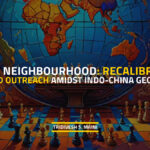

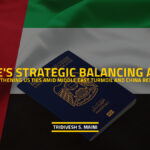
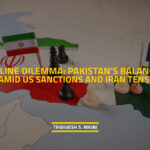
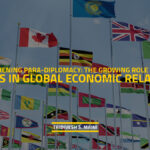
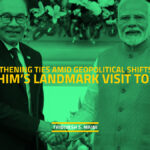
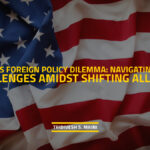
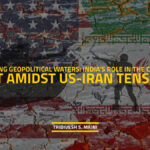
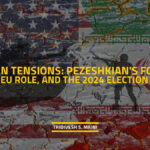


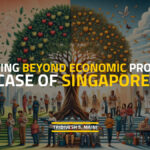
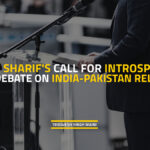
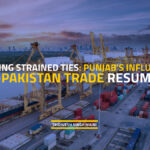


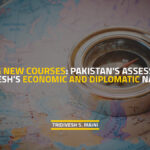


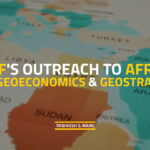

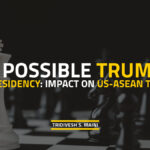

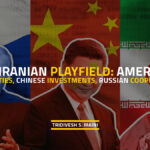

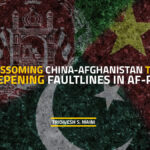

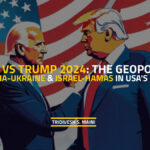
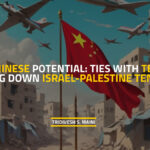

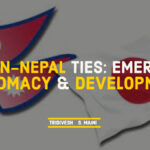

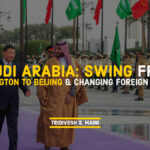

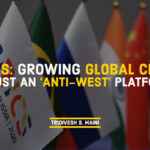
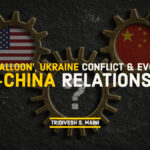
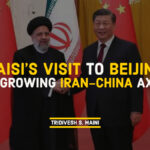
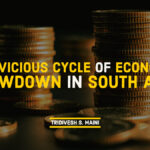





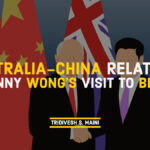
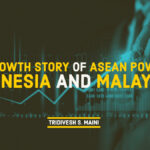

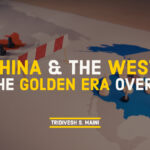
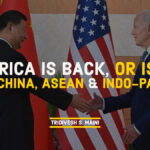
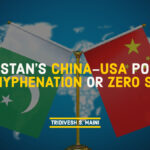
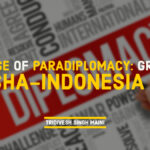

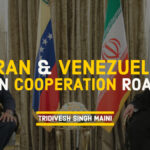

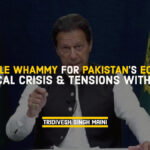
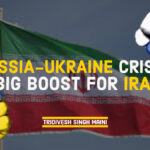
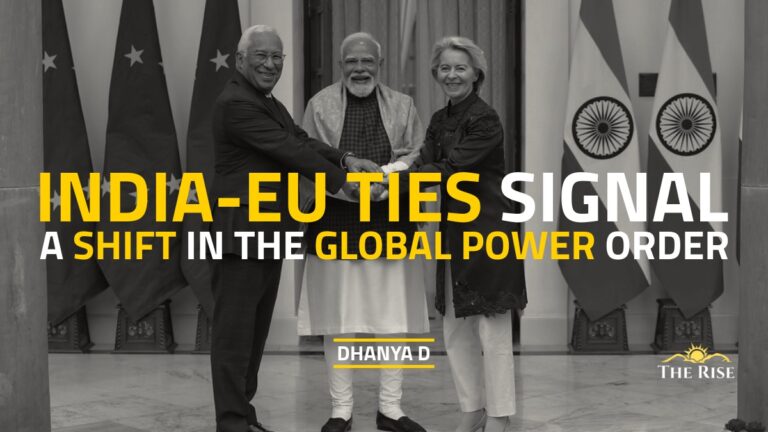
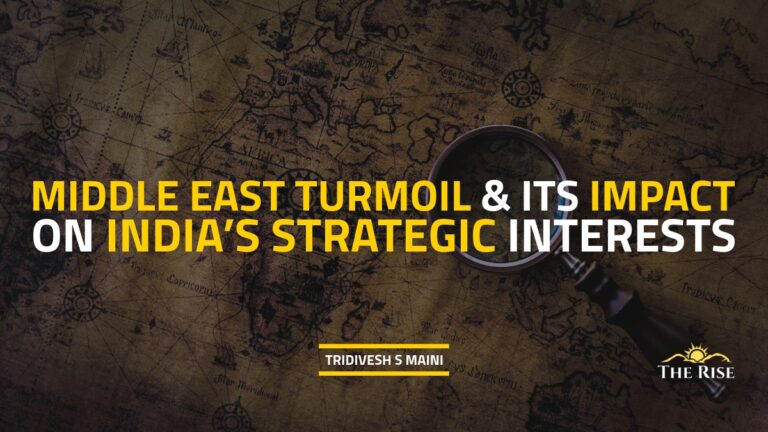
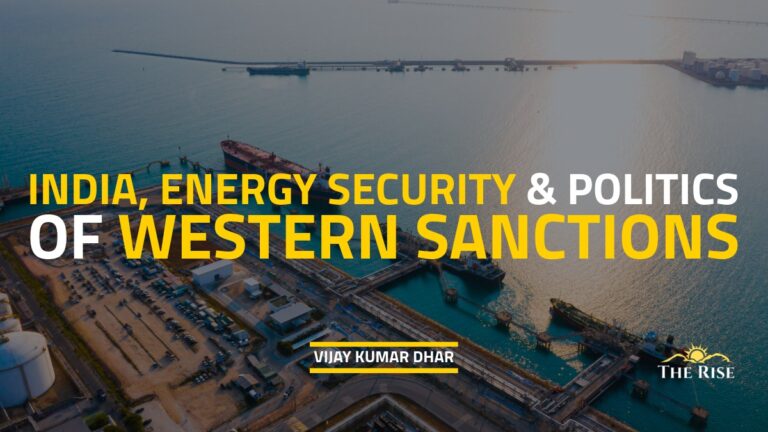

Pingback: America is Back - Or is it?
Pingback: The Growth Story Of ASEAN Powers: Indonesia and Malaysia - TheRise.co.in